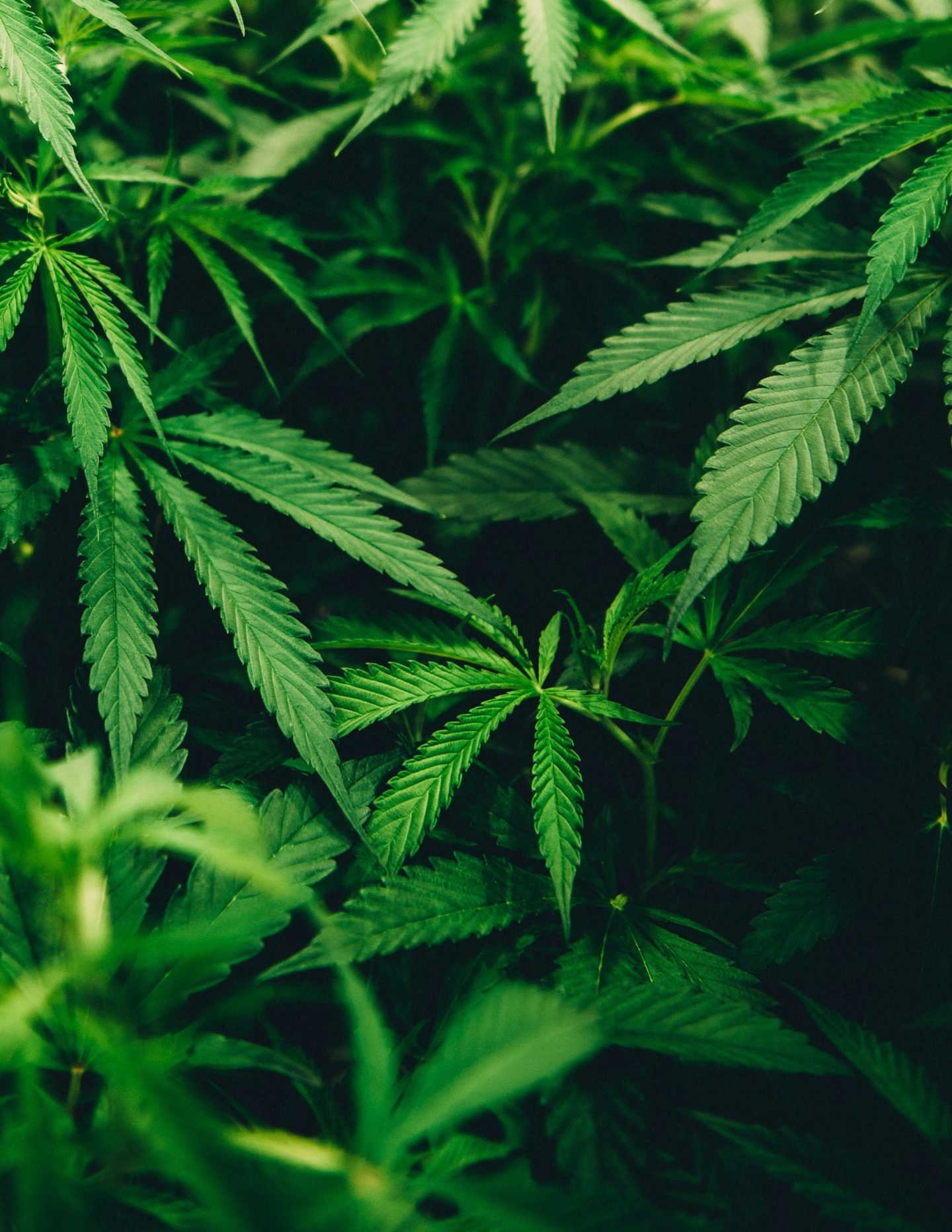
Pros and Cons of Using THC-a Syrup vs. CBD Oil
THC-A syrups and CBD oils are popular hemp-derived products that offer distinct experiences. THC-A syrups offer versatile psychoactive and therapeutic effects. Plus, they taste delicious. On the other hand, consumers value CBD oils for stress relief, inflammation, and nerve relaxation. Each product has unique advantages and potential drawbacks depending on the goals and preferences.
This article explains the distinctions between THC-A syrup and CBD oil and the pros and cons of each.
What Are THC-A Syrups and CBD Oils?
THC-A syrup is a liquid elixir that primarily contains THC-A, the non-psychoactive precursor to THC. The syrup is often thick and sweet and sometimes includes potent cannabinoids like Delta-8 THC, Delta-10, or THC-P that produce mind-altering effects. Other common ingredients include sweeteners, flavorings, and preservatives to enhance taste and shelf life. Fans consume flavored THC-A syrups like a regular drink. Others mix it into beverages or take it sublingually (under the tongue).
CBD oil, on the other hand, is a concentrated oil-based extract that primarily contains non-psychoactive CBD. Most formulas are blended with a carrier oil, like MCT (medium-chain triglyceride) oil or hemp seed oil, to dilute the extract and improve absorption. They’re generally less dense than syrups and typically less flavorful. Most people consume CBD sublingually, but others apply it topically to relieve inflammation.
Pros of THC-A Syrup vs CBD Oil
01. Versatility in Use and Effects
THC-A syrups offer diverse effects that set them apart from CBD oils.
- THC-A syrups come in powerful psychoactive blends that elicit sensory and cognitive changes, including bliss, heightened perception, pain relief, appetite enhancement, and relaxation.
- Syrups also come in non-psychoactive formulas for people who seek THC-A’s therapeutic effects, like reducing inflammation and easing muscle tension, without the high typically associated with THC.
CBD oils, on the other hand, are almost entirely medicinal and do not get people high.
02. Flavor Variety and Enjoyment
THC-A syrups have a significant advantage over CBD oils in flavor and enjoyment.
CBD oils typically have a more natural, earthy taste, which some people find neutral, while others might find it slightly bitter or grassy. In contrast, THC-A syrups come in various flavors, like berry, cherry, and grape. These syrups can be consumed on their own or mixed into recipes, adding a flavorful twist to foods and beverages. This flexibility in consumption, combined with the pleasant taste, makes THC-A syrup a preferred option for those who want a more enjoyable experience without compromising on the therapeutic benefits.
03. Therapeutic Potential
THC-A and CBD share several therapeutic benefits, including reducing inflammation, relaxing muscles, and acting as anticonvulsants. However, THC-A might be more powerful when it comes to fighting inflammation. Preliminary research shows that THC-A does better at blocking the enzymes responsible for inflammation than CBD. This means that if you’re dealing with conditions that involve inflammation, like arthritis, THC-A could potentially be a more effective option.
Cons of THC-A Syrup vs. CBD Oil
01. Slower Onset of Effects
One of the main drawbacks of THC-A syrup compared to CBD oil is the slower onset of effects, particularly when ingested as a drink. THC-A syrup must pass through the digestive system, so it can take 30 minutes to two hours to kick in. This delay can be a significant disadvantage for people who seek quick relief.
Fortunately, THC-A syrup can be taken sublingually (under the tongue) to speed up the onset of effects. Sublingual consumption allows the active compounds to enter the bloodstream more quickly, providing faster relief, similar to CBD oil.
02. Psychoactive Potential
THC-A syrup fans love that some blends contain psychoactive compounds. However, not everyone wants to get high, like people with a low tolerance for THC or those who simply do not wish to experience mind-altering effects.
In contrast, CBD oil is generally non-psychoactive, making it a safer and more appropriate option for a broader audience. People who need to maintain mental clarity or avoid intoxication for any reason may prefer CBD oil over THC-A syrup.
02. Formula Factors
THC-A syrups often contain added sugars to enhance their flavor, which can be a concern for health-conscious consumers. High sugar content and artificial additives may not align with everyone’s dietary preferences or health goals, particularly people with conditions like diabetes or those who are trying to reduce their intake of processed foods.
To avoid unwanted ingredients, THC-A fans should look for brands like Puffy that offer full-spectrum syrups with no artificial flavors.
02. Therapeutic Uncertainties
THC-A has shown promise in various therapeutic areas. However, researchers know far less about THC-A than CBD today.
Studies on CBD are extensive, showing that it can effectively reduce anxiety and manage tremors. For example, a 2019 study published in The Permanente Journal found that CBD significantly reduced anxiety in 79.2% of participants after just one month of use. Additionally, CBD can help control tremors in people battling Parkinson’s Disease. People who seek relief in these areas may want to consider CBD oil of THC-A.
The Bottom Line
Both THC-A syrup and CBD oil offer distinct strengths and weaknesses. THC-A syrups stand out for versatility, flavor variety, and potentially stronger anti-inflammatory effects. On the other hand, CBD oil is a solid, well-researched choice for anyone seeking non-psychoactive relief from anxiety, tremors, and other conditions. The choice depends entirely on the person and their unique needs.
